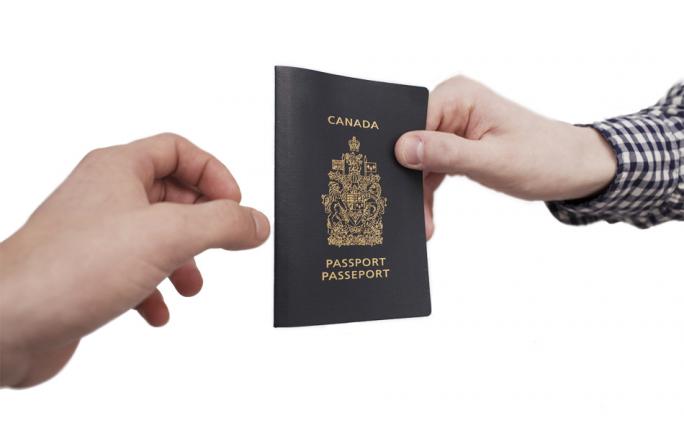Bill C-24, the federal government’s proposed amendments to the Citizenship Act, has serious human rights flaws, says Amnesty International. The proposed legislation would give the federal government new powers to revoke Canadian citizenship in some cases when individuals are convicted of specified crimes related to terrorism and similar offences. The new provisions fall short of a range of international human rights obligations, including non-discrimination and fair hearing guarantees. Consequently, Amnesty International is calling on the government to withdraw these new revocation provisions from the Bill.
“In Canada, a government decision to revoke citizenship might affect an individual’s life, liberty or security and must only take place in accordance with the principles of fundamental justice,” said Alex Neve, Secretary General, Amnesty International Canada, English speaking branch. “It is also vital that citizenship revocation not expose individuals to discrimination. The new revocation provisions in Bill C-24 fail to meet the requirements of fundamental justice and increase the risk of individuals being exposed to discrimination. These provisions must be withdrawn.”
Any Canadian who has committed a serious criminal act such as terrorism should and must be held accountable for those crimes through the criminal justice system. However, Bill C-24 exposes some Canadian citizens to the further penalty of loss of citizenship, in the case of dual nationals.
The new revocation provisions in Bill C-24 distinguish between Canadians who have no other nationality and individuals who carry one or more other nationalities in addition to their Canadian citizenship. Differentiating between Canadian citizens on the basis of national origin risks fueling a climate in which some Canadians are seen as ‘true’ Canadians while others are viewed as inherently suspicious or disloyal. In that divisive climate, certain groups may find themselves exposed to discrimination.
“These provisions would be out of step with the Canadian trend of developing an inclusive concept of citizenship”, said Béatrice Vaugrante, Directrice Générale, Amnistie international Canada francophone. “It is the duty of governments to adopt measures that protect individuals from discrimination; but these provisions do precisely the opposite.”
Additionally, the new revocation procedure in Bill C-24 fails to uphold the international standards that guarantee fair hearings. For instance, the Minister is not required to specify the grounds on which he or she is making the decision. There is also no basis on which to appeal the decision.
Amnesty International urges that fair trial requirements be observed in any process leading to possible revocation of citizenship. At a minimum these serious deficiencies with respect to the fairness of the revocation procedure must be addressed.
Background
Citizenship is a human right, enshrined in the Universal Declaration of Human Rights. It plays an important role in ensuring protection from other human rights violations, such as deportation. At present, Canadian citizenship can only be lost through misrepresentation or fraud. Many Canadian citizens may have a second nationality and are unaware of it. This could be because of family connections (including birthplace of a parent or grandparent), marriage to a foreign national or extended residency in another country.
Media Contact
Cory Ruf
Media Relations
416-363-9933 x344
media@amnesty.ca























